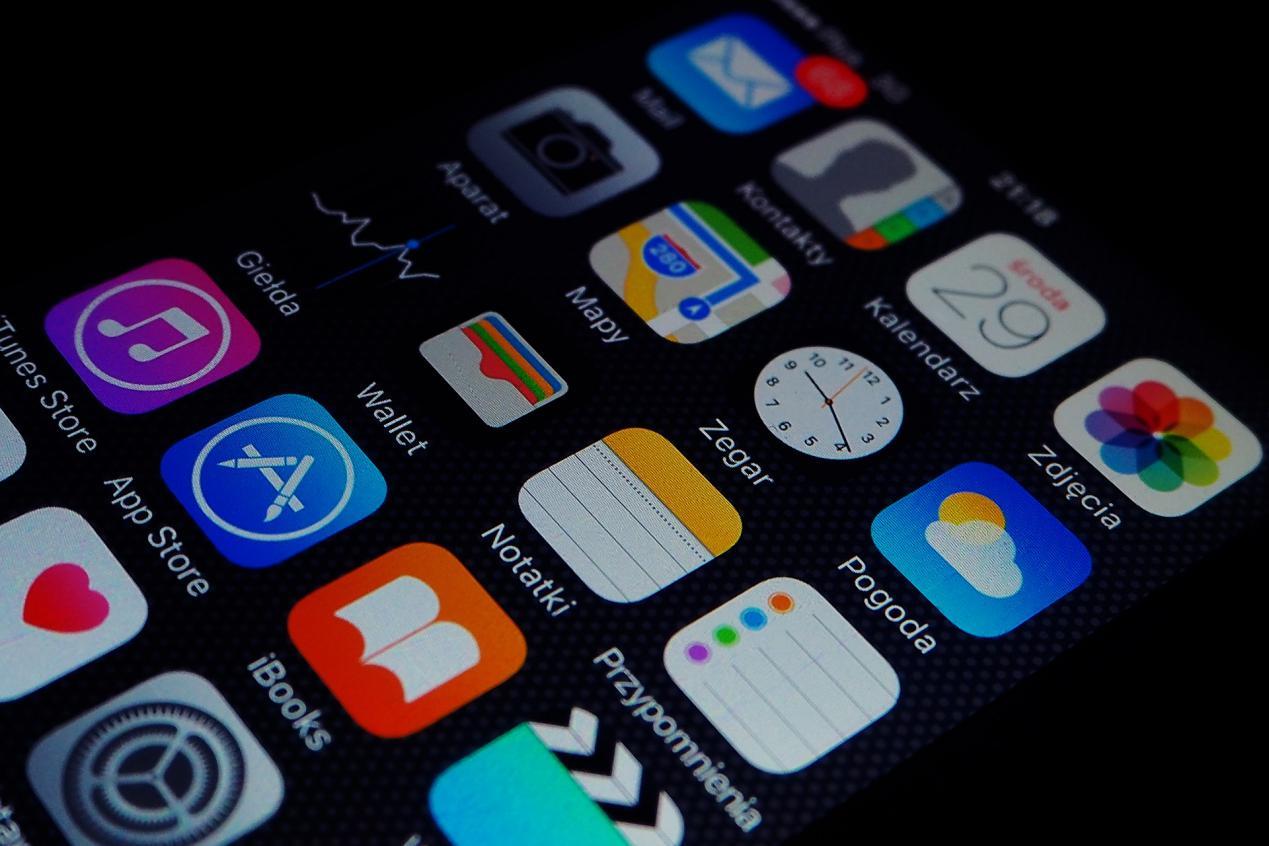
For a patent to be granted, it should satisfy three basic criteria - Novelty, Utility and Inventiveness. Any product, process, method, or composition passing these criteria qualifies for a patent. A mobile app is no different than any other process and if it is new, useful and non-obvious, chances are that a patent for it will be granted to the creator. But, not every invention may require a patent in the first place. After all, filing a patent requires time and money, as well as a proper understanding of Patent Law.
Here are the three factors to be considered that will help you decide whether or not you should patent your mobile app.
Finances
Applying for a patent involves the payment of money to various parties at different stages of the application and examination process. There is a filing fee, fee for examination, and an issue fee when the patent is granted. There is also an annual payment that is to be made to the Canadian Intellectual Property Office to maintain active status of the patent. Obtaining patents requires a detailed description of the object. For something as technically complex as mobile applications, proving the uniqueness and providing accurate details can require a lot of work and money. Patents also require very precise descriptions and deliberate use of terminology, both legal and technical. Thus, a patent lawyer or agent is beneficial that also adds to the cost. The investment in a patent lawyer is worth it if your invention is deserving of a patent. Many patents generate less revenue than they cost to obtain. Before deciding whether or not to file for a patent, assess your inventions commercial ability.
Time
Patent application, examination, and approval requires a long time for completion. On average, a mobile app patent takes two and a half to five years to be granted depending on when the examination fee is paid. Most apps undergo major changes from the original design and technology within this time frame. By the time the patent is granted, it is possible that it has become redundant and, as a result, no longer profitable. Deciding whether or not to file a patent application is a personal decision and the cost and benefits need to be weighted against each other.
Expertise
A patent application involves pages filled with technical specifications and legal jargon that most developers are unaware of. Filing a patent application requires the careful use of language and appropriate word selection. Obtaining the skilled support of a patent lawyer or agent is generally recommended for increasing your success in the patent.
Since a patent application without proper legal support is highly risky, especially for developers who are financially constrained; it is often necessary to invest in professional support. If you have developed a new app and are considering filing for a patent, hire a patent agent or lawyer so you can focus on marketing and improving your app to stay relevant until your patent is granted.





